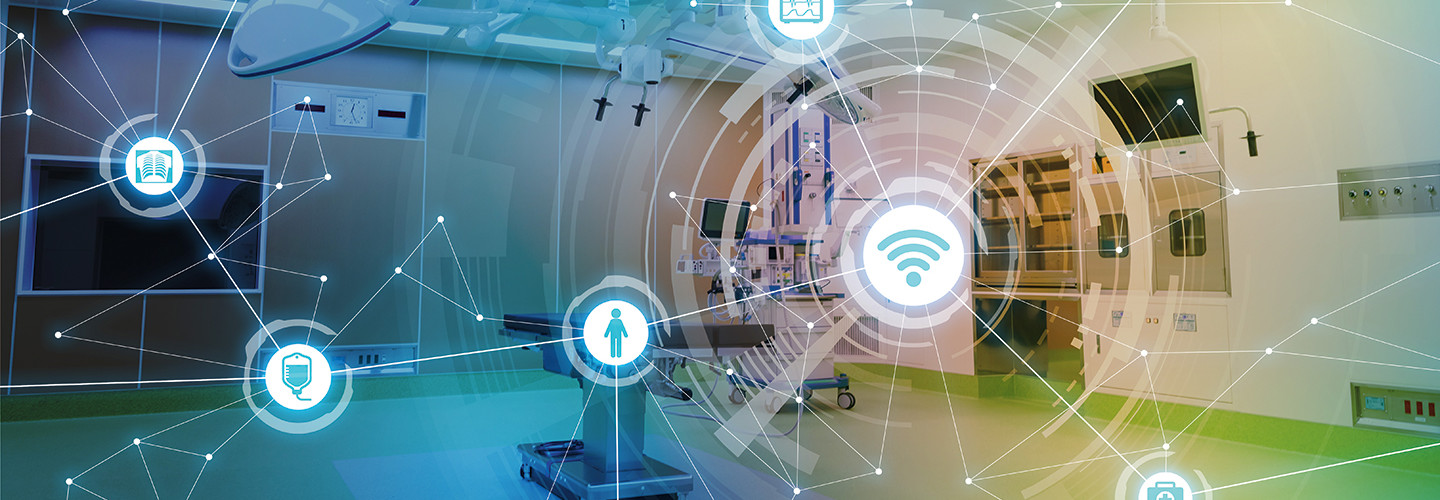
The Era of Smart Hospitals: Transforming Healthcare Delivery
In the dynamic realm of healthcare, the emergence of smart hospitals represents a revolutionary shift in how medical services are delivered. These technologically advanced institutions are leveraging cutting-edge innovations to enhance patient care, streamline operations, and create a more efficient and responsive healthcare ecosystem.
Intelligent Infrastructure: The Foundation of Smart Hospitals
At the core of smart hospitals is an intelligent infrastructure that integrates a myriad of technologies to create a seamless and interconnected healthcare environment. From advanced sensors to Internet of Things (IoT) devices, these hospitals are equipped with a network of interconnected systems that gather real-time data, allowing for more informed decision-making and proactive healthcare management.
Patient-Centric Care: Enhancing the Healthcare Experience
Smart hospitals prioritize patient-centric care, utilizing technology to create a more personalized and responsive healthcare experience. Patient rooms are equipped with smart devices that enable individuals to actively engage in their care, access health information, and communicate with healthcare providers. This emphasis on patient engagement not only improves satisfaction but also contributes to better health outcomes.
Telemedicine Integration: Redefining Remote Healthcare Access
The integration of telemedicine is a hallmark of smart hospitals, extending healthcare beyond the physical walls of the institution. Patients can now access medical consultations, receive follow-up care, and even participate in remote monitoring programs. This not only increases accessibility for individuals in remote areas but also enhances the efficiency of healthcare delivery.
Data-Driven Decision Making: Improving Clinical Outcomes
Smart hospitals harness the power of data to drive decision-making processes. Advanced analytics and artificial intelligence analyze vast amounts of health data, providing insights that aid in diagnosis, treatment planning, and preventive care. This data-driven approach not only enhances clinical outcomes but also contributes to the ongoing advancement of medical knowledge.
Enhanced Connectivity: Streamlining Communication and Collaboration
Communication is a critical aspect of healthcare, and smart hospitals prioritize enhanced connectivity among healthcare professionals. From seamless communication platforms to shared electronic health records, these institutions facilitate collaboration among various healthcare stakeholders. This interconnectedness ensures that relevant information is readily available, leading to more coordinated and efficient patient care.
Sustainable and Eco-Friendly Practices
Smart hospitals are not only innovative in patient care but also in their commitment to sustainable and eco-friendly practices. From energy-efficient infrastructure to waste reduction initiatives, these institutions recognize the importance of environmental stewardship. This dual focus on technological advancement and environmental responsibility reflects a holistic approach to healthcare.
Security and Privacy Measures: Safeguarding Patient Information
With the integration of numerous technologies, smart hospitals place a strong emphasis on security and privacy measures. Robust cybersecurity protocols and encryption methods are implemented to safeguard patient information from potential threats. This commitment to data security ensures that patients can trust the confidentiality of their health records within these technologically advanced environments.
Employee Empowerment: Supporting Healthcare Professionals
Smart hospitals not only benefit patients but also empower healthcare professionals. From AI-assisted diagnostics to streamlined administrative tasks, these technologies allow medical staff to focus more on patient care and less on cumbersome paperwork. This employee empowerment contributes to a more positive work environment and ultimately enhances the quality of healthcare services.
The Future of Healthcare: Navigating Challenges and Opportunities
Smart hospitals represent the future of healthcare, but they are not without challenges. The implementation of these technologies requires significant investments, and ensuring interoperability among diverse systems remains a hurdle. However, the opportunities for improving patient outcomes, increasing efficiency, and advancing medical research make the journey toward smart hospitals a compelling and necessary evolution in healthcare delivery.
Exploring the Realm of Smart Hospitals
In the fast-evolving landscape of healthcare technology, Smart Hospitals serve as a hub for exploring the latest innovations and trends. This website offers insights into the transformative impact of smart hospitals on patient care, healthcare professionals, and the broader healthcare ecosystem. Whether you’re a healthcare enthusiast or a professional navigating the intricacies of smart healthcare, this platform provides valuable perspectives on the ongoing revolution in healthcare delivery.
